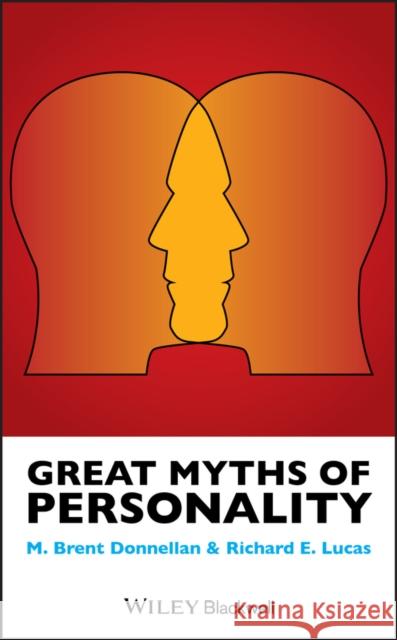Great Myths of Personality » książka
topmenu
Great Myths of Personality
ISBN-13: 9781118521397 / Angielski / Twarda / 2021 / 272 str.
Great Myths of Personality
ISBN-13: 9781118521397 / Angielski / Twarda / 2021 / 272 str.
cena 328,50
(netto: 312,86 VAT: 5%)
Najniższa cena z 30 dni: 325,79
(netto: 312,86 VAT: 5%)
Najniższa cena z 30 dni: 325,79
Termin realizacji zamówienia:
ok. 16-18 dni roboczych.
ok. 16-18 dni roboczych.
Darmowa dostawa!
Kategorie:
Kategorie BISAC:
Wydawca:
Wiley-Blackwell
Seria wydawnicza:
Język:
Angielski
ISBN-13:
9781118521397
Rok wydania:
2021
Numer serii:
000739918
Ilość stron:
272
Waga:
0.41 kg
Wymiary:
22.61 x 14.99 x 1.52
Oprawa:
Twarda
Wolumenów:
01
Dodatkowe informacje:
Bibliografia











